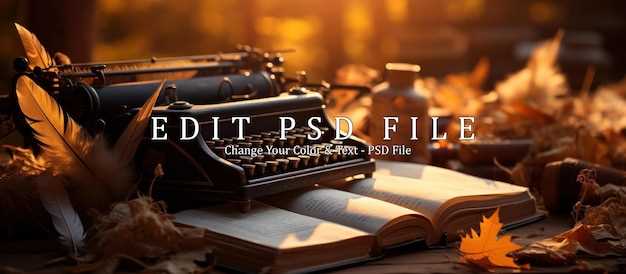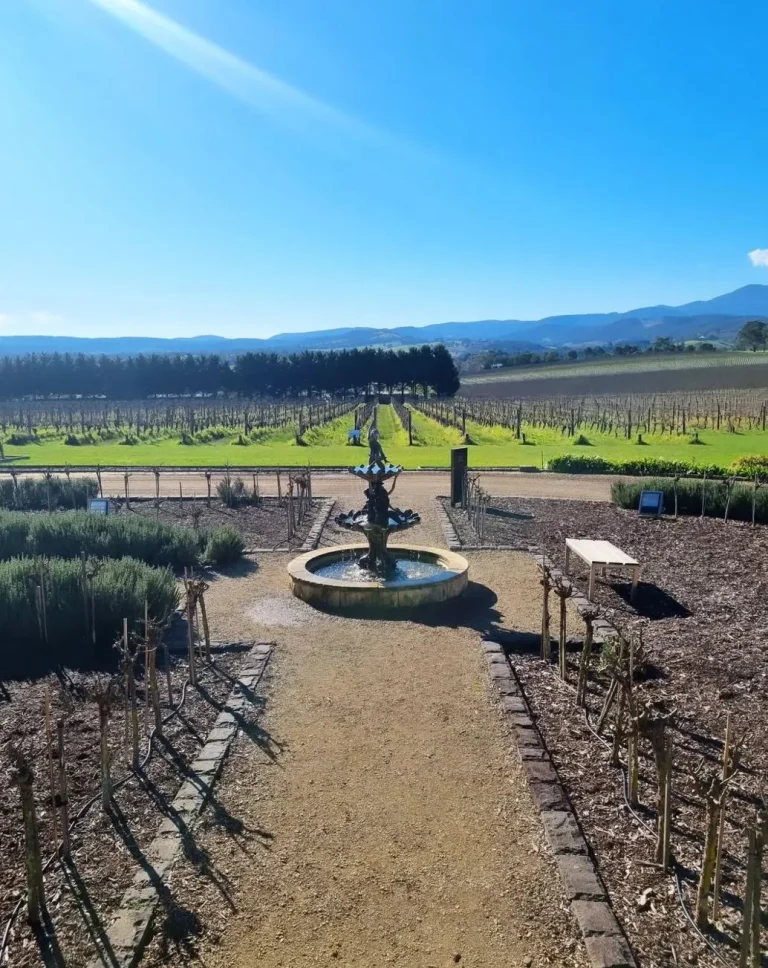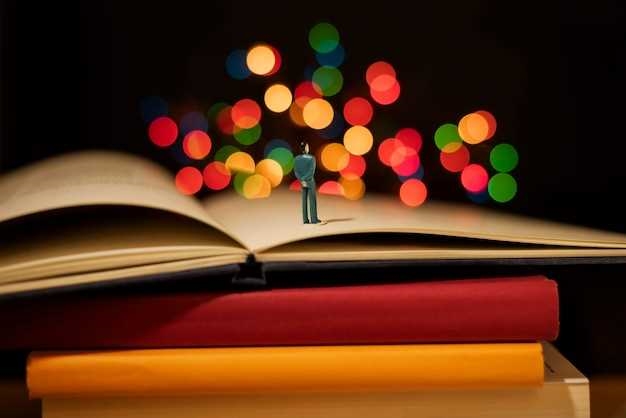
Human expression has been shaped and transformed by the art of crafting poetry since time immemorial. Through the rhythmic patterns and evocative language, poets have established an unparalleled medium for communication and introspection. In the realm of contemporary literature, the manifold influence of verse has continued to captivate readers, leading them on a journey of profound emotions and profound insights into the human condition.
The potency of poetic language lies in its ability to transcend the constraints of ordinary prose. With carefully chosen words and enigmatic metaphors, poets evoke deep sensations and ignite vibrant thoughts within the reader’s mind. The cadence and rhythm of poetry, akin to unfamiliar melodies, awaken dormant emotions and provoke contemplation on the most intricate aspects of existence.
Furthermore, through the intricate interplay of sounds and imagery, poetry offers a multi-dimensional experience that engages not only the intellect but also the heart and soul. The judicious use of vivid imagery and powerful metaphors awakens the senses, painting vivid portraits that transport the reader into new realms of imagination and self-reflection.
Moreover, poetry serves as a vessel for the exploration of universal themes that transcend time and space. From the eternal longing for love and belonging to the eternal search for meaning and purpose, poetry envelops these ideas in a veil of lyrical beauty and deep contemplation. It captures the essence of the human experience, distilling it into powerful verses that resonate across cultures and generations.
As we navigate the realms of contemporary literature, we cannot overlook the indisputable sway that poetry holds within its intricate lines. Its undeniable power to inspire, provoke, and illuminate continues to shape the modern literary landscape, making it an indispensable art form that stands unrivaled in its influence.
Exploring the Emotional Power of Poetry
Diving into the profound depths of human sentiment, poetry possesses a unique ability to intimately connect with our innermost emotions. Its eloquent language and captivating rhythm enable it to transcend the boundaries of conventional communication, reaching directly into the core of our being. In this section, we embark on a journey to unravel the extraordinary emotional power that poetry holds, delving into its capacity to evoke, articulate, and transcend the diverse range of human feelings.
Discover the Essence: When words fail to express the complexity and intensity of our emotions, poetry steps in as a true savior. By highlighting the beauty of the human experience, it provides a sanctuary where we can immerse ourselves in a tapestry of intricate emotions, from love and joy to sadness and grief. Each verse carries an evocative power that resonates deep within our souls, allowing us to explore the raw essence of our existence.
Unveiling the Unspoken: Poetry acts as an exceptional conduit for unveiling the unspoken. It possesses an innate ability to articulate the unutterable, lending a voice to our silent struggles and triumphs. When confronted with the ineffable intricacies of our emotional landscape, poetry empowers us to release our bottled-up feelings, giving them form and substance through carefully woven metaphors and vivid imagery.
Transcending Time and Space: Throughout history, poetry has stood as a testament to the timelessness of human emotions. It effortlessly transcends temporal and cultural boundaries, resonating with individuals from all walks of life. Regardless of the era or geography, poetry serves as a universal language that speaks directly to our shared humanity, reminding us of our interconnectedness and the enduring power of our emotional experiences.
A Catalyst for Reflection: Poetry not only enables us to explore our emotions, but it also serves as a catalyst for self-reflection. Its thought-provoking verses have the ability to stir the depths of our subconscious, encouraging us to question, contemplate, and rediscover our own beliefs and values. By engaging with the emotional tapestry woven by the poet’s words, readers are invited on an introspective journey, one that fosters personal growth and a deeper understanding of the human experience.
In conclusion, the emotional power of poetry is unparalleled in its ability to traverse the realms of human sentiment. Through imagery, rhythm, and metaphors, it offers solace, articulation, and connection, unearthing the intricate threads that bind us all. Embark on this exploration of poetry to embark on a transformative and deeply enriching journey into the depths of your own emotions.
The Transformative Nature of Poetic Language
Exploring the boundless capabilities of expressive verse within literary discourse, the profound impact of poetic language on the human psyche emerges as a catalyst for personal and collective transformation. Guided by the transcendent power of carefully crafted words, poetry holds the potential to provoke profound introspection, ignite dormant emotions, and kindle a sense of empathy within society. Through its inherent ability to transcend temporal boundaries, poetic language transcends the limitations of ordinary communication, ushering us into a realm where new meanings and understandings flourish.
The Alchemy of Emotion

Within the intricate tapestry of poetic language, emotions find an unparalleled sanctuary. Evocative and nuanced, the carefully chosen words of a poem possess the transformative ability to delve into the depths of the human experience. As emotions converge and intertwine with the rhythm and cadence of verses, an alchemy takes place, transmuting mere words into a potent force capable of stirring the hearts and minds of readers. In this state of heightened emotional awareness, introspection and self-reflection become natural byproducts, fostering personal growth and metamorphosis.
The Journey of Empathy
Through the medium of poetic language, individuals are transported into the hearts and minds of others, embarking on a journey of empathy. Voraciously consuming the perspectives and experiences of poetic voices, readers merge their own realities with those depicted in the verses, blurring the boundaries between self and other. In this shared space of understanding, societal connections are fortified, fostering a deeper sense of community and collective belonging. By attuning ourselves to the multifaceted language of poetry, we unveil a universal language that unites the human experience and amplifies our capacity for compassion.
The Role of Poetry in Expressing Cultural Identity
Poetry serves as a powerful means of capturing and conveying the essence of cultural identity. Through the intricate weaving of words, poets have the profound ability to illuminate the intricacies of a society’s values, traditions, and collective experiences. By harnessing the evocative power of language, poetry creates a space where cultural nuances and communal memories can be shared, celebrated, and preserved.
Preserving Intangible Heritage
Poetry acts as an intangible vessel, carrying the essence of a culture across generations. It encapsulates not only the factual accounts of historical events or daily life, but also the emotions, beliefs, and aspirations that shape a community. Within the realms of verse, a unique language is utilized to preserve and transmit cultural identity from one era to the next. Whether it be ancient epics, traditional ballads, or contemporary spoken word, poetic expressions become the living archives of a society’s heritage.
An Exploration of Individuality
Through the medium of poetry, individuals are able to express their personal experiences and reflections within the larger context of their cultural identity. Poetry celebrates the diversity of voices within a community and provides a platform for marginalized perspectives to be heard. It allows for the exploration of individual beliefs, struggles, and triumphs, fostering a deeper understanding of the multifaceted nature of cultural identity. By embracing the unique expressions of its members, a culture grows richer and more inclusive.
In conclusion, poetry serves as an invaluable vehicle for the expression and preservation of cultural identity. Through its ability to capture the essence of a society’s values, traditions, and collective experiences, poetry plays a pivotal role in connecting individuals to their cultural heritage and fostering a greater sense of belonging and understanding within a community.
Poetry as a Catalyst for Social Change
Exploring the far-reaching impact of verse on society’s progress and transformation.
Empowering Voices for Equality

Poetry, through its evocative and emotive language, possesses the unique power to ignite societal change. By amplifying the voices of the marginalized and oppressed, it acts as a catalyst for promoting equality and justice.
Fueling the Flames of Revolution
Throughout history, poets have used their words to challenge existing power structures, fueling movements of revolution and social transformation. Through their lyrical prose and powerful imagery, they have united people, awakened collective consciousness, and inspired action.
Under the facade of rhyme and rhythm lies the potential for profound social impact. Through verse, poets have the ability to shed light on societal injustices, break down barriers, and bring about lasting change.
Poetry serves as a medium for expressing the raw emotions and lived experiences of individuals, giving a voice to those who have been silenced. It offers a platform for stories untold and perspectives unheard, fostering empathy and understanding within society.
By addressing critical issues such as racism, discrimination, gender inequality, and environmental degradation, poetry challenges the status quo and compels listeners to critically analyze the world around them. It encourages introspection, empathy, and a collective responsibility for effecting positive social transformation.
Moreover, poetry has the ability to unite diverse communities, bridging gaps and fostering a sense of belonging. It transcends cultural and linguistic boundaries, connecting individuals through shared emotions and experiences. In this way, poetry becomes a powerful tool for promoting social cohesion and building inclusive societies.
As we embrace the richness and diversity of poetic expression, we recognize its unparalleled influence in driving social change. Through the power of words, poetry has the potential to touch hearts, challenge perceptions, and inspire action towards a more just and equitable world.
The Enduring Legacy of Poetry in Education
Exploring the long-lasting impact of verse in learning environments, this section delves into the profound and timeless influence of poetry in the realm of education. The power of creatively crafted words has transcended generations, captivating young minds and igniting a passion for language, self-expression, and critical thinking.
Igniting Imagination and Expression
At the heart of poetry’s enduring legacy in education lies its unique ability to ignite imagination and foster self-expression. By presenting abstract ideas through vivid imagery and metaphor, poetry unlocks the realms of creativity within students, allowing them to explore complex emotions, ideas, and concepts in a safe and nurturing environment. Through the rhythmic patterns and carefully chosen words, poetry not only encourages individual expression but also amplifies the voices of marginalized groups, instilling empathy and promoting inclusivity in the classroom.
Promoting Critical Thinking and Analytical Skills
Incorporating poetry into the curriculum cultivates critical thinking and analytical skills, as students engage with the intricacies and nuances of poetic language. The deliberate word choice, cadence, and structure of a poem invite students to decode meaning, interpret symbolism, and unravel layers of depth. This process enhances their ability to analyze and evaluate information, fostering a deeper understanding of both literature and the world around them. Moreover, students develop a capacity for close reading, honing their attention to detail, and strengthening their ability to make informed interpretations, skills that extend beyond the realm of poetry and into other academic disciplines.
As we reflect on the enduring legacy of poetry in education, it becomes clear that its influence surpasses mere words on a page. Poetry empowers students to embrace their voice, engage with diverse perspectives, and think critically, serving as a timeless tool that nurtures lifelong learners and shapes the leaders of tomorrow.
The Future of Poetry in the Digital Age
In the era of technological advancement and the ever-expanding digital landscape, the world of poetry finds itself on the cusp of a remarkable transformation. As we embrace the myriad possibilities offered by the digital age, poetry is poised to redefine itself, reaching new audiences and exploring innovative avenues of expression.
Poetry Unlimited: Accessible to All
Gone are the days when poetry remained confined to the pages of dusty books, known only to a select few. In the digital age, poetry reaches unprecedented heights of accessibility, breaking free from its traditional constraints. Online platforms and digital communities bring an abundance of poetic voices together, allowing individuals from all walks of life to engage with this ancient art form. Through the power of the internet, poetry transcends geographical boundaries, languages, and cultural barriers, forging connections that would have been previously unimaginable.
The Evolution of Poetic Expression
Technology not only grants wider access to poetry but also augments and expands its realm of expression. The digital age introduces new mediums through which poets can convey their emotions and ideas, pushing the boundaries of language and perception. Poems can now be shared through captivating visuals, spoken word performances, or even interactive multimedia experiences. As technology evolves, so does the potential for poets to experiment with form, combining words with images, sounds, and animations to create a multi-sensory journey for the reader or listener.
- Advancements in virtual reality and augmented reality open up new dimensions for immersive poetic experiences. Poems can come alive in virtual realms, enveloping readers in a world where every word resonates deeply within their senses.
- Social media platforms provide an instant and global stage for poets to share their work, fostering real-time conversations and connections between artists and their audience.
- Artificial intelligence and machine learning enable computational poetry, where algorithms generate poetic expressions based on patterns and data, resulting in unique and unexpected creations.
The future of poetry in the digital age is undoubtedly bright and full of possibilities. As technology continues to evolve, so too will our understanding and appreciation of this ancient art form. Embracing the digital realm, poetry will continue to captivate and inspire, not only individuals but entire communities, fostering a global dialogue that transcends time and space.






